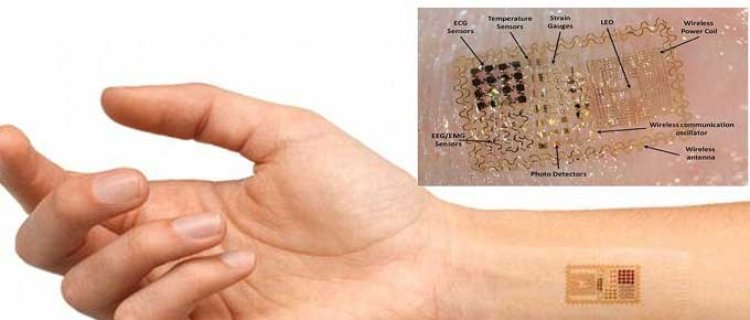The Ink of Identity: Authentication Tattoos and the Future of Security

Imagine a world where your login credentials are etched onto your skin. No more scrambling to remember passwords or fumbling with keycards. This is the concept behind authentication tattoos, a futuristic idea that uses biocompatible implants to verify your identity.
The technology is still in its early stages, but the concept has captured the imagination of tech giants and security experts alike. Pioneered by MC10, a company focused on bio-integrated electronics, these "biostamps" are essentially electronic tattoos that can be applied to the skin. These tattoos would contain unique identifiers that could be used to unlock devices, access secure accounts, or even make payments.
Here's a glimpse into what authentication tattoos could offer:
Convenience: No more passwords or keycards to keep track of.
Security: Biometric authentication is considered more secure than traditional methods.
Durability: Once implanted, the tattoo becomes a permanent part of you.
Accessibility: No need for additional devices, your body becomes the key.
However, there are also challenges to consider:
Safety: The long-term health effects of biocompatible implants are still unknown.
Permanence: Tattoos are permanent, and so would be this form of authentication.
Accessibility Concerns: Not everyone would be comfortable with the idea of having electronics embedded in their skin.
Despite these challenges, the potential benefits of authentication tattoos are undeniable. As technology advances and security concerns grow, this idea might become a more mainstream option.






















